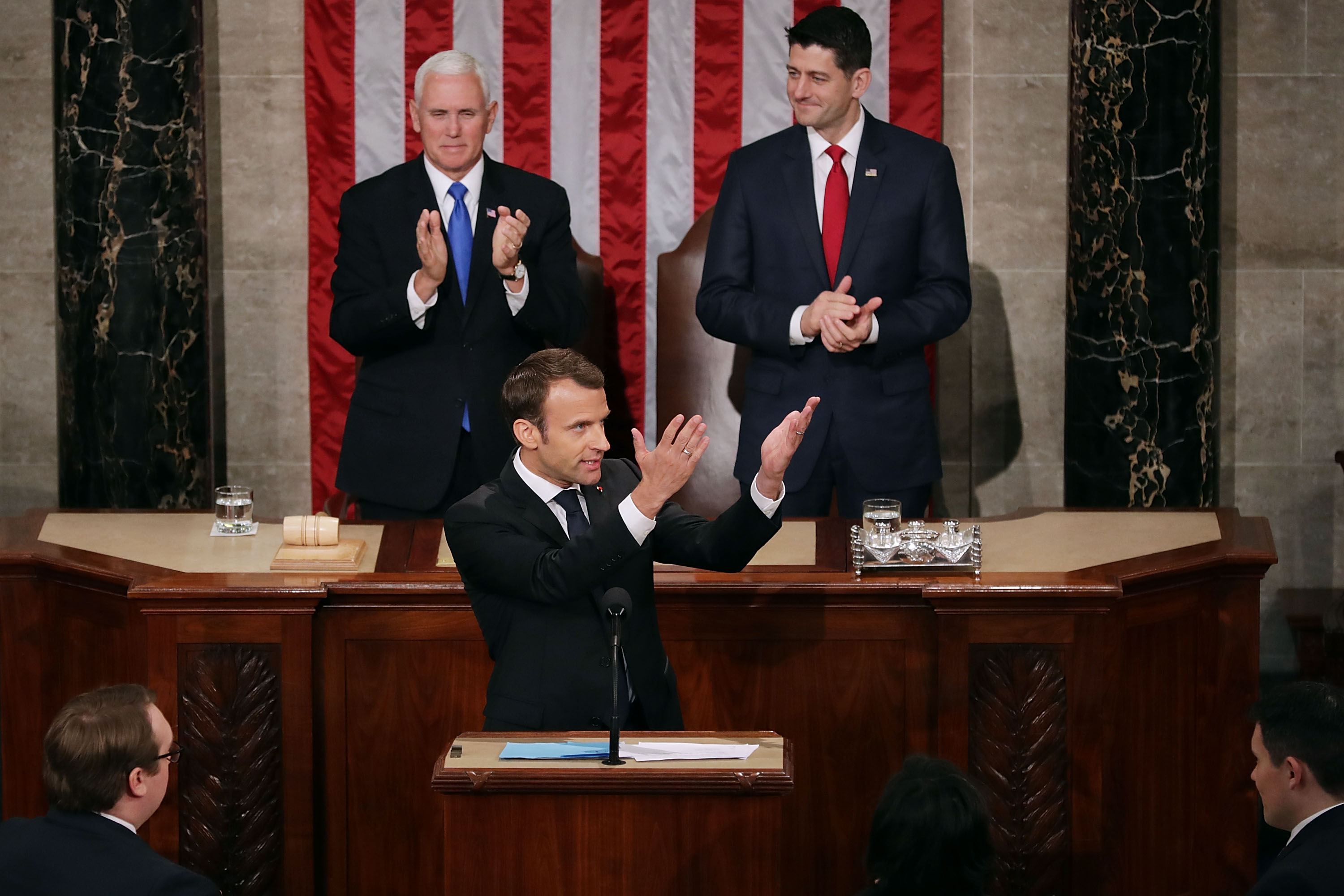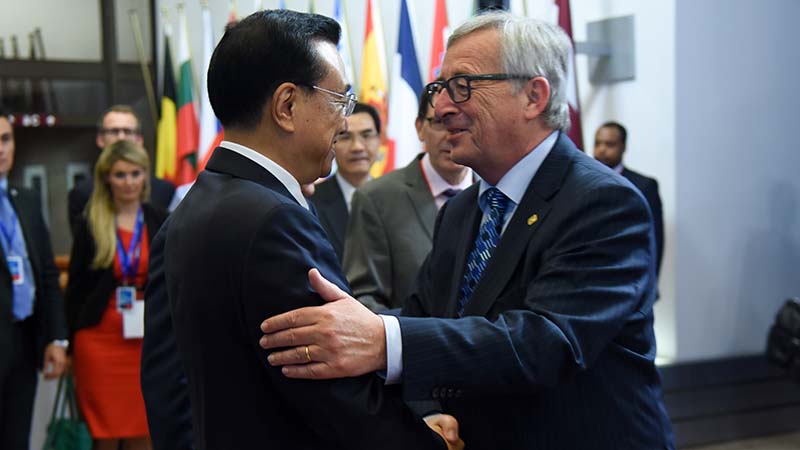
Where is the link between Climate and Diplomacy?
Climate change is a global and complex issue that manifests differently from state to state through a variety of regional, cultural and socio-economic backgrounds.
Bilateral and multilateral partnerships can serve as significant tools for overcoming borders.
Countries should find solutions and combat climate disasters TOGETHER
Global climate change is a big risk for both developing and least developed countries. Many fear that climate change will make it impossible for them to provide the necessary resources for the population. Among the underdeveloped countries facing this problem is South Africa, which has declared that it is in a state of natural disaster, due to the earth drought in Cape Town, which threatens citizens with disruption of drinking water supplies.
Common foreign policies can support strengthening adaptation capacities and disaster preparedness. Adaptation to climate change and humanitarian aid is needed.
Each continent, region and country are in different positions and the consequences of this change will be different and will have a social, political and economic impact. At the same time, their capabilities are different, Asia, Africa and the Middle East face different challenges.
“Let us face it: There is no planet B.” said Macron in front of the US Congress
Macron in his visit to United States of America this year, urged Trump to keep the US in the Iran nuclear deal, predicted that America would rejoin the Paris Climate Accord and warned against the dangers of nationalism.
Will this Climate Agreement continue with or without United States? They cannot withdrawal until 2020. Trump will last as president till the end of 2019.
Which is the purpose of this Agreement? Will this support also the businesses in this area? There are many questions.

WASHINGTON, DC – APRIL 25: French President Emmanuel Macron acknowledges applause at the conclusion of his address to a joint meeting of the U.S. Congress with Speaker of the House Paul Ryan (R-WI) (R) and U.S. Vice President Mike Pence in the House Chamber at the U.S. Capitol April 25, 2018 in Washington, DC. Macron is taking part in an official three-day visit to the United States. (Photo by Chip Somodevilla/Getty Images)
Climate change will become a “main pillar” of the relationship between the European Union and China, said the leaders.

Participation of Jean-Claude Juncker, President of the EC, Donald Tusk, President of the European Council at the EU-China Summit
The statement, signed by European Council president Donald Tusk, European Commission president Jean-Claude Juncker and Chinese premier Li Keqiang, also included:
- An agreement to release long-term strategies for their low carbon development by 2020
- Agreement to step up their efforts before 2020;
- “Triangular” cooperation with developing countries to increase their capacity to combat climate change and build clean energy;
- A commitment to exchange knowledge on clean energy and explore the development of interconnecting networks;
Adelphi conducted an in-depth analysis jointly with players of German and international climate diplomacy
To address the knowledge gap at the nexus of urbanization, global governance and climate change politics, the German Foreign Office sponsored a workshop with leading thinkers and practitioners. Its recommendations and their implications were published in the report “Urbanization and Climate diplomacy”.

“Climate change is among the key challenges facing the international community. The impacts of climate change on peace and security are already tangible and will become increasingly evident in the yearsto come.” PETER WITTIG, Permanent Representative of Germany to the United Nations, July 2011
A new climate for peace- G7 take action
The Group of 7 has been at the forefront of putting climate-fragility risks on the global agenda.
The aim of the report A new Climate for Peace was examine the links between climate change and fragility, and what role foreign policy can should play in order to address these challenges.

